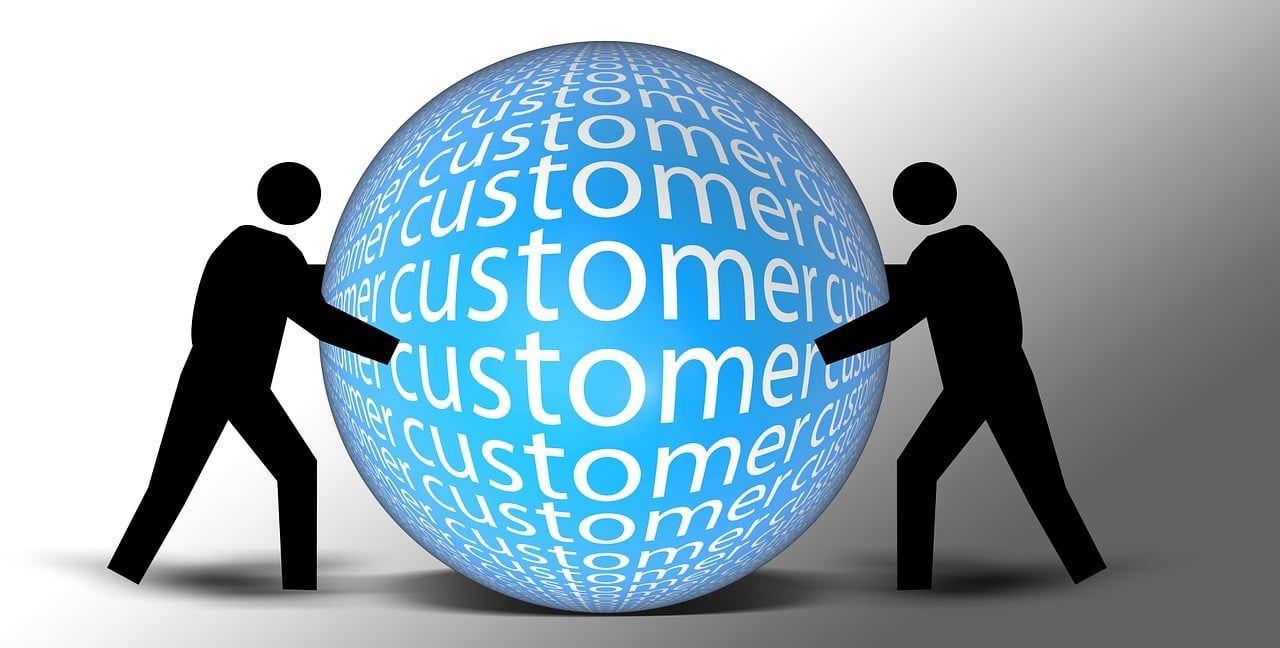As the landscape of business continues to evolve, small enterprises in the UK are seeking ways to thrive amidst competition and technological advancements. Customer Relationship Management (CRM) software has emerged as a pivotal tool in this journey, facilitating enhanced customer interactions, streamlined operations, and improved overall efficiency. If you’re a small business owner in the UK, you might be wondering whether investing in a CRM system is a valuable decision. This article aims to delve into the significance of CRM for small businesses and assist you in making an informed choice.
Understanding CRM for Small Businesses
At its core, a CRM system is a technological solution designed to manage and optimize interactions with both existing and potential customers. By centralizing customer data, communication history, and pertinent information, CRMs empower businesses to offer tailored solutions and elevate customer engagement.
For small businesses in the UK, the benefits of a CRM can’t be overstated. A study conducted by Salesforce, a leading CRM provider, revealed that 92% of companies utilizing CRM technology experienced an improvement in customer satisfaction. This is primarily attributed to the CRM’s ability to provide a comprehensive view of customer interactions, which enables businesses to address concerns promptly and offer personalized solutions.
The Benefits of Implementing a CRM
Enhanced Customer Insights
One of the key advantages of a CRM system is its ability to offer profound insights into customer behavior, preferences, and purchase history. By harnessing this data, small businesses can tailor their offerings to cater to specific customer needs effectively. For instance, if a pet supply store in the UK notices a surge in purchases of organic dog food, they can customize their marketing campaigns to promote similar products, leading to increased customer satisfaction and loyalty.
Streamlined Customer Engagement
With a CRM in place, small businesses can create targeted marketing campaigns based on the invaluable customer data at their disposal. Personalized communication resonates more effectively with customers, resulting in heightened engagement and a stronger bond between the business and its clients. Statistics from HubSpot’s State of Marketing report indicate that personalized emails have a 26% higher open rate compared to generic messages, underscoring the importance of tailored communication in customer engagement.
Efficient Task and Contact Management
Gone are the days of sifting through spreadsheets and emails to retrieve customer information. A CRM system streamlines contact management, ensuring that interactions, tasks, and follow-ups are well-organized and readily accessible. A survey conducted by Capterra found that 72% of businesses witnessed improvements in their overall organization after implementing a CRM, leading to increased efficiency and reduced time wastage.
Personalized Marketing Campaigns
Utilizing the insights garnered from a CRM, small businesses can craft and execute highly targeted marketing campaigns. By delivering the right message to the right audience, the chances of converting leads into loyal customers are significantly heightened. For instance, a fashion boutique in the UK can use purchase history data to recommend complementary accessories to customers who recently bought clothing items. This level of personalization fosters trust and encourages repeat business.
Choosing the Right CRM for Your Business
Selecting the most suitable CRM for your small business in the UK requires careful consideration of several factors.
Assessing Your Business Needs
Before making a decision, evaluate your business requirements. Consider aspects such as the size of your business, the complexity of your sales process, and your communication needs. This self-assessment ensures that the chosen CRM aligns seamlessly with your business goals.
Scalability and Integration
Opt for a CRM that offers scalability, allowing it to grow alongside your business. Furthermore, integration capabilities are crucial to ensure that the CRM harmoniously coexists with your existing tools and systems. This prevents disruptions and maintains workflow continuity.
User-Friendly Interface
An intuitive and user-friendly CRM interface is essential for rapid adoption by your team. Look for a solution that minimizes the learning curve, enabling your employees to navigate the CRM with ease. This enhances their productivity and maximizes the CRM’s potential.
Cost Considerations
While a CRM offers numerous benefits, it’s essential to evaluate the associated costs. Consider subscription fees, implementation expenses, potential customization charges, and the overall return on investment. Strive to strike a balance between features and affordability.
Implementing CRM: Step-by-Step Guide
Data Migration and Integration
When transitioning to a CRM system, the seamless transfer of existing data is paramount. Adequate integration ensures data accuracy and prevents loss during migration. Research conducted by Nucleus Research found that for every dollar invested in CRM, the average return was $8.71, further highlighting the value of proper implementation.
Staff Training and Onboarding
To harness the full potential of a CRM, provide comprehensive training to your staff. Knowledgeable users can utilize the CRM’s features effectively, leading to improved customer interactions and more efficient operations. A study by Innoppl Technologies revealed that businesses that provide CRM training to their employees experience a 40% increase in customer satisfaction.
Customization and Configuration
Every business operates uniquely, and your CRM should reflect this. Customization and configuration ensure that the CRM aligns with your specific business processes, optimizing efficiency. The Aberdeen Group’s research indicated that businesses that customize their CRM software experienced a 48% increase in their customer retention rates.
Monitoring and Maintenance
Regular monitoring of the CRM’s performance is essential to address any issues promptly. Routine maintenance guarantees that the CRM operates at its peak, consistently benefiting your business. A well-maintained CRM not only enhances customer relationships but also enables data-driven decision-making.
Overcoming Common Challenges
Resistance to Change
Introducing a new system can face resistance from employees. To address this challenge, transparently communicate the benefits of the CRM and involve staff in the adoption process. Sharing success stories from other UK businesses that embraced CRM technology can help ease the transition.
Data Security Concerns
The security of customer data is of utmost importance. Opt for a CRM that offers robust security features, such as data encryption and user access controls. Highlighting the security measures in place can reassure customers that their sensitive information is well-protected.
Data Quality Maintenance
Maintaining accurate data is an ongoing responsibility. Assign a dedicated team member to oversee data quality and implement processes for regular data cleansing and updates. Reliable data enhances the CRM’s effectiveness in driving customer satisfaction.
Measuring the ROI of Your CRM Investment
The investment in a CRM should yield tangible returns for your small business. Monitor key performance indicators (KPIs) such as increased customer satisfaction, higher conversion rates, and improved sales efficiency. These metrics offer a comprehensive view of the CRM’s impact on your business.
Conclusion
In the dynamic landscape of small businesses in the UK, embracing technological solutions like CRM software can provide a competitive edge. From enhancing customer relationships to streamlining operations, the benefits of a CRM are undeniable. By assessing your business needs, selecting the right CRM, and implementing it thoughtfully, you can unlock its full potential and set your business on a path of growth.
FAQs
- Is a CRM only suitable for large businesses? No, small businesses can benefit significantly from a CRM, as it aids in managing customer relationships and improving efficiency.
- Can a CRM assist in customer retention? Absolutely, a CRM enables personalized communication, which plays a pivotal role in improving customer retention rates.
- Are cloud-based CRMs secure for storing sensitive data? Yes, cloud-based CRMs often incorporate robust security features such as data encryption and regular backups, making them secure for storing sensitive information.
- How long does it take to implement a CRM? The timeline for CRM implementation varies based on the size and complexity of your business. It can range from a few weeks to several months.
- Can I integrate a CRM with my email marketing software? Many CRMs offer integrations with popular email marketing tools, streamlining your marketing efforts and enhancing customer engagement.




